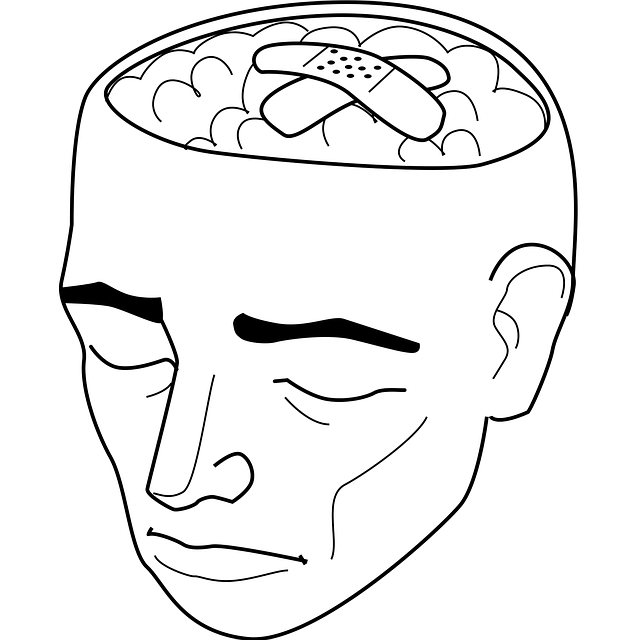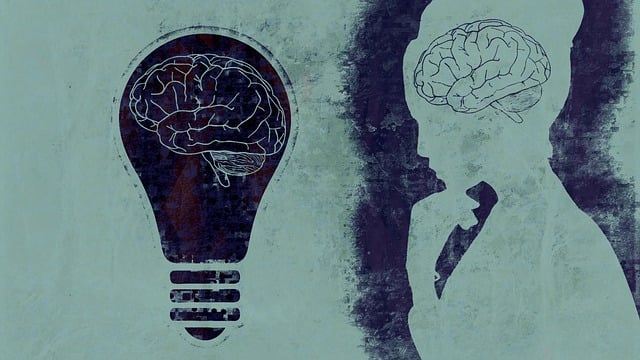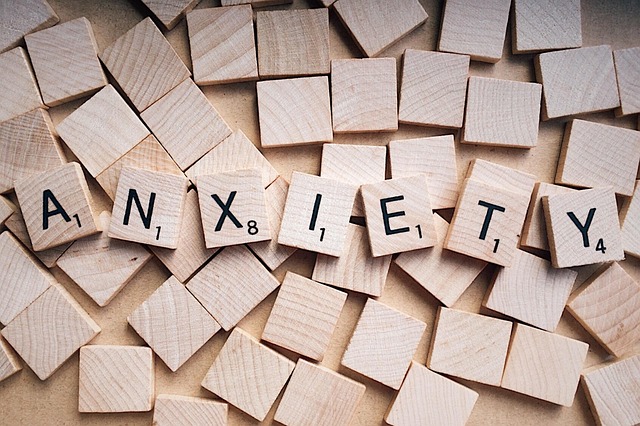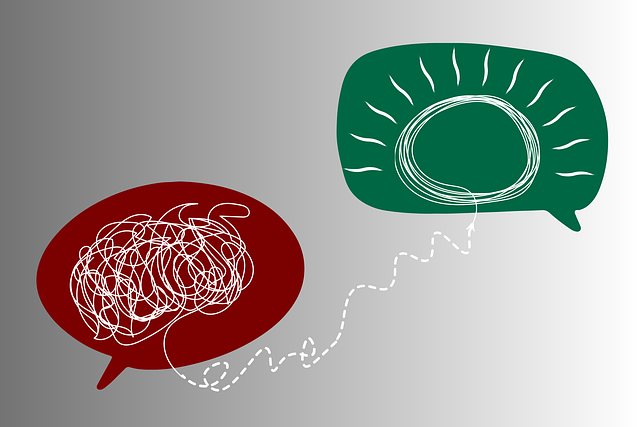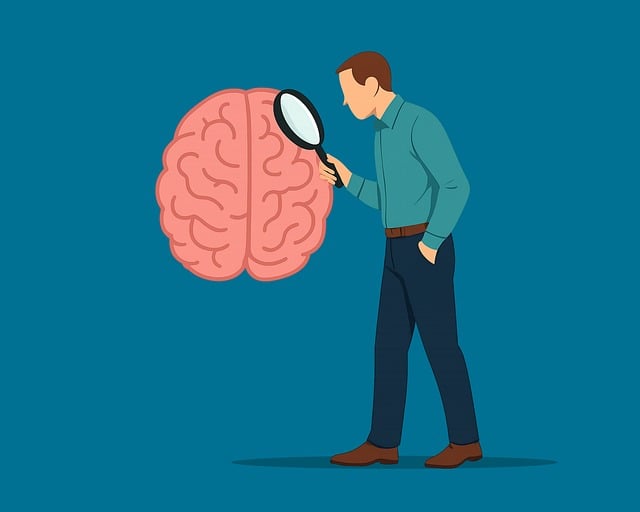Castle Rock Couples Counseling Therapy offers crucial self-assessment tools for mental wellness, empowering individuals to address emotional challenges through stress reduction methods tailored to their unique needs. Their comprehensive approach includes assessing emotional health, life satisfaction, and coping strategies, incorporating cultural sensitivity, self-care practices, and access to local resources. By integrating self-awareness exercises and diverse assessment methods, they provide accurate evaluations and guide clients towards proactive mental health management, fostering positive change and growth in both individuals and relationships.
In today’s fast-paced world, mental wellness self-assessment tools play a pivotal role in individual well-being. This article explores the development of comprehensive assessments designed to address growing mental health concerns. We delve into the key components required for effective tools, best practices for creation, and their integration into Castle Rock Couples Counseling Therapy, offering valuable insights for professionals and individuals seeking proactive mental wellness management.
- Understanding the Need for Self-Assessment Tools in Mental Health
- Key Components of a Comprehensive Mental Wellness Self-Assessment
- Developing Effective Assessment Tools: Best Practices and Considerations
- Integrating Self-Assessments into Castle Rock Couples Counseling Therapy
Understanding the Need for Self-Assessment Tools in Mental Health

In today’s fast-paced world, mental wellness is a cornerstone of overall health and well-being. However, recognizing and addressing mental health concerns can be challenging for many individuals due to stigma, lack of awareness, or simply avoiding self-reflection. This is where Castle Rock Couples Counseling Therapy steps in, offering valuable tools like self-assessment as an initial step towards healing. By providing accessible means to evaluate one’s emotional state and mental health, these tools empower people to take charge of their well-being.
Self-assessment plays a pivotal role in early intervention and prevention strategies for various mental health issues. Tools such as questionnaires, journals, or even mental wellness podcasts can help individuals identify stress reduction methods tailored to their unique needs. Through self-reflection, one can uncover underlying emotional triggers, understand coping mechanisms, and gain insights into personal growth. Castle Rock Couples Counseling Therapy’s commitment to making these resources widely available ensures that everyone has access to the first steps towards managing and improving their mental wellness, fostering healthier and happier lives.
Key Components of a Comprehensive Mental Wellness Self-Assessment

A comprehensive mental wellness self-assessment tool should encompass several key components to effectively gauge an individual’s psychological well-being and provide actionable insights. Firstly, it must include questions or assessments tailored to evaluate various aspects of mental health, such as emotional well-being, stress management, coping mechanisms, and overall life satisfaction. This may involve scales measuring anxiety, depression, trauma, and resilience. The tool should also consider cultural sensitivity, ensuring that the assessment is adaptable for diverse populations, as mental wellness can vary significantly across different communities.
Additionally, integrating components related to self-care practices, social support networks, and access to mental health resources can provide a holistic view of an individual’s mental wellness. For instance, prompting users to reflect on their Self-Care Routine Development for Better Mental Health or their involvement in Castle Rock Couples Counseling Therapy (a local resource) can offer valuable insights into personal coping strategies and community support availability. Incorporating these elements ensures that the self-assessment not only identifies potential mental health concerns but also equips individuals with a better understanding of their resources, encouraging proactive Mental Health Policy Analysis and Advocacy and fostering a culture of open dialogue around mental wellness.
Developing Effective Assessment Tools: Best Practices and Considerations

Developing effective self-assessment tools for mental wellness is a multifaceted process that requires careful consideration and best practices. At Castle Rock Couples Counseling Therapy, we’ve found that integrating Self-Awareness Exercises into assessment protocols can significantly enhance the accuracy and utility of evaluations. By encouraging clients to introspect and reflect on their thoughts, feelings, and behaviors, these exercises provide valuable insights into emotional triggers, coping mechanisms, and areas needing support.
When designing mental health education programs or Emotional Well-being Promotion Techniques, it’s crucial to prioritize inclusivity, cultural sensitivity, and evidence-based practices. Incorporating a variety of assessment methods—from questionnaires to qualitative interviews—can capture a holistic view of an individual’s mental wellness landscape. Such comprehensive approaches, guided by professional expertise, ensure that assessment tools not only evaluate but also empower individuals to take charge of their emotional well-being, fostering positive change and growth.
Integrating Self-Assessments into Castle Rock Couples Counseling Therapy

Integrating self-assessments into Castle Rock Couples Counseling Therapy offers a holistic approach to improving mental wellness. By incorporating tools that gauge emotional well-being, relationship dynamics, and individual stress levels, therapists can gain valuable insights into their clients’ lives. This data allows for personalized treatment plans, focusing on areas such as anxiety relief and burnout prevention, tailored to each couple’s unique needs.
The process begins with a comprehensive self-assessment, encouraging partners to reflect on their emotional states, communication patterns, and any underlying issues contributing to their challenges. These insights are then utilized during therapy sessions, guiding discussions and interventions aimed at fostering positive change. Moreover, integrating self-assessments can facilitate a sense of shared responsibility in the therapeutic process, promoting active participation from both partners and enhancing the effectiveness of Castle Rock Couples Counseling Therapy.
Mental wellness self-assessment tools play a pivotal role in empowering individuals, especially within the context of Castle Rock Couples Counseling Therapy. By understanding and assessing one’s mental health, people can take proactive steps towards improving their well-being. This article has explored the development of such tools, highlighting essential components and best practices to ensure effectiveness. Integrating self-assessments into therapy sessions, as demonstrated in Castle Rock Couples Counseling, offers a holistic approach, enabling therapists to provide tailored support and guidance, ultimately fostering healthier relationships and enhanced mental resilience.



